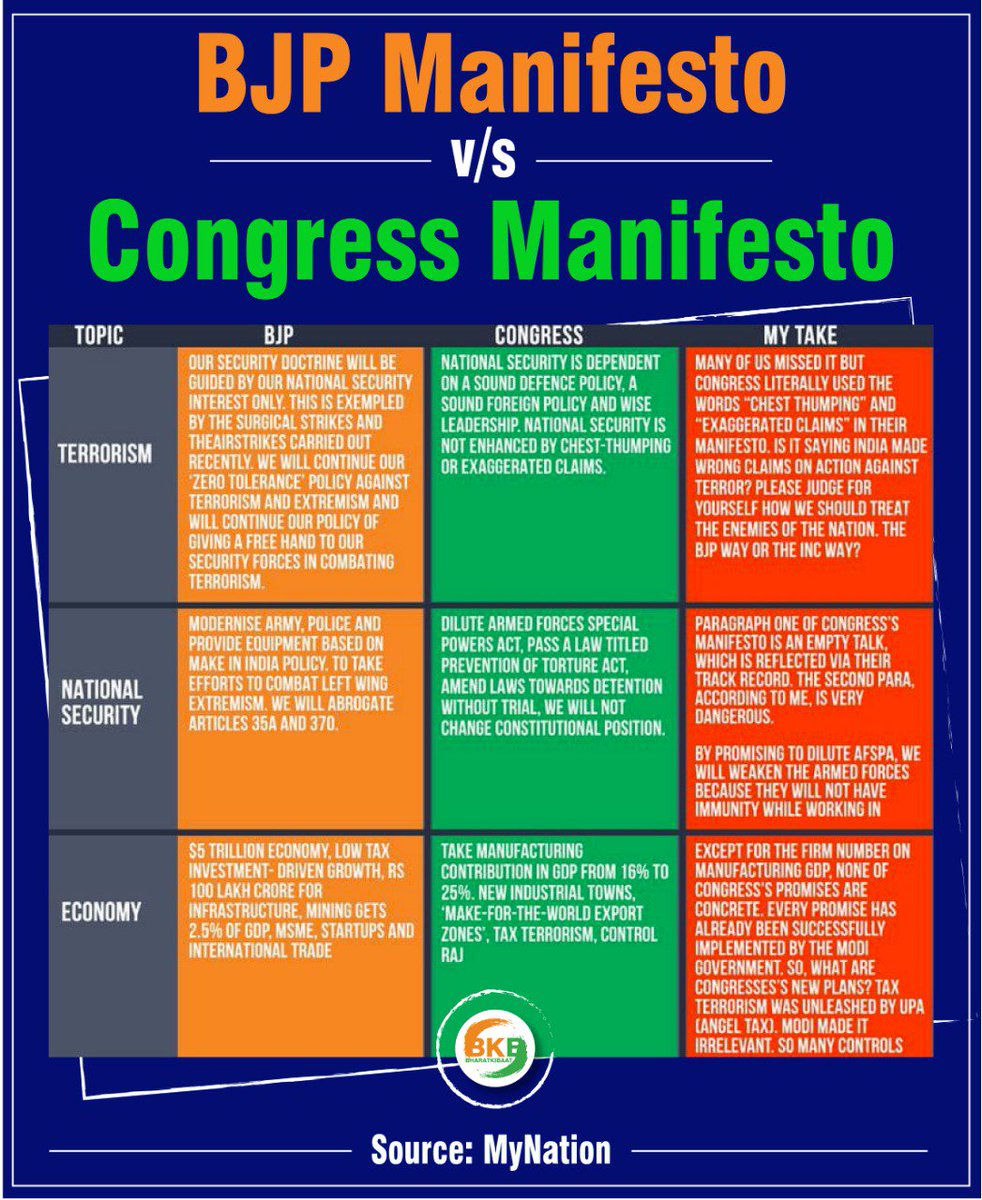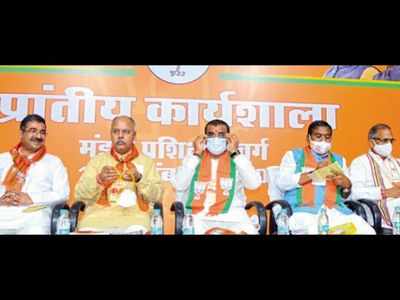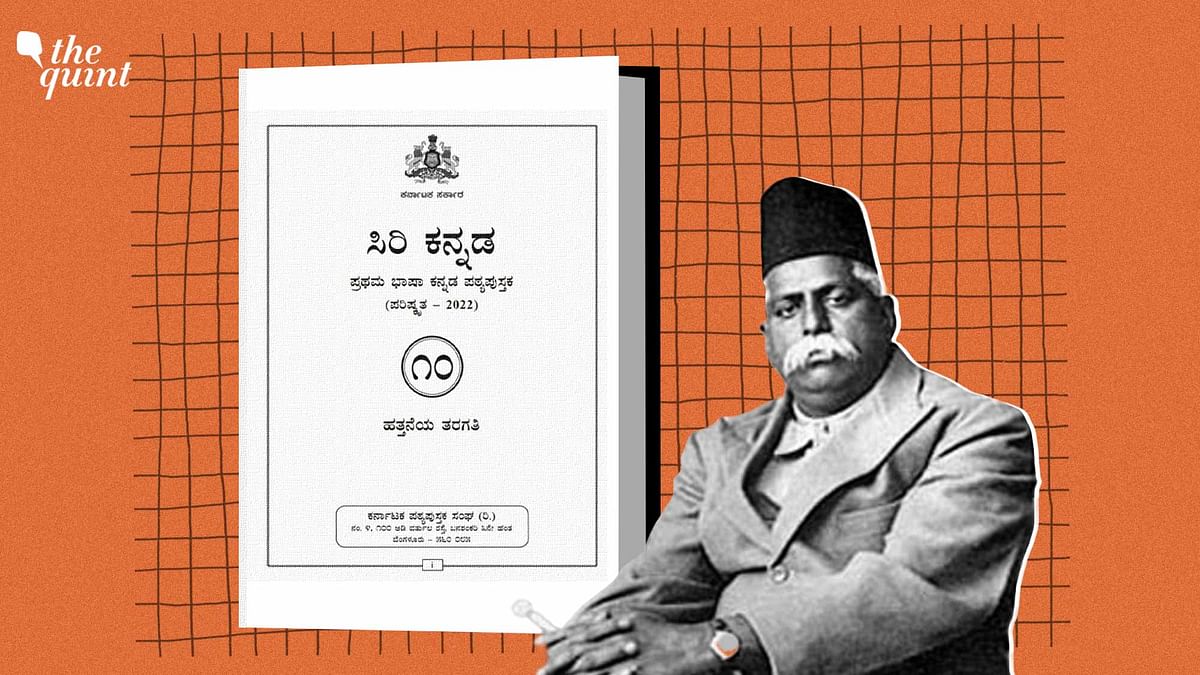The Bharatiya Janata Party (BJP) is a right-wing political party in India with a strong ideological foundation. The party was founded in 1980 and has since become one of the dominant political forces in the country, winning a majority of seats in the national parliament several times.
One of the key aspects of the BJP's ideology is Hindutva, or Hindu nationalism. This ideology holds that Hinduism is not just a religion, but a way of life that encompasses India's cultural, social, and political identity. It emphasizes the idea of a Hindu Rashtra, or Hindu nation, and advocates for policies that promote the interests of Hindus and the Hindu way of life.
Another important aspect of the BJP's ideology is economic conservatism. The party advocates for free-market policies, low taxes, and minimal government intervention in the economy. It also supports the privatization of state-owned enterprises and the reduction of regulations on businesses.
The BJP also takes a strong stance on national security and foreign policy. It advocates for a strong military and a tough stance on terrorism and national defense. The party also favors close relations with the United States and other Western countries, as well as a strong stance on issues such as the dispute over Kashmir with Pakistan.
In addition to these core ideological positions, the BJP also promotes a number of social and cultural policies. These include the promotion of traditional values and the protection of cultural heritage, as well as the promotion of women's rights and the empowerment of marginalized groups such as Dalits (formerly known as "untouchables").
Overall, the BJP's ideology is a complex blend of Hindu nationalism, economic conservatism, and social and cultural conservatism. While it has a strong base of support among Hindus and other conservative groups in India, it has also faced criticism for its hardline positions on issues such as religious minorities and the disputed region of Kashmir.







